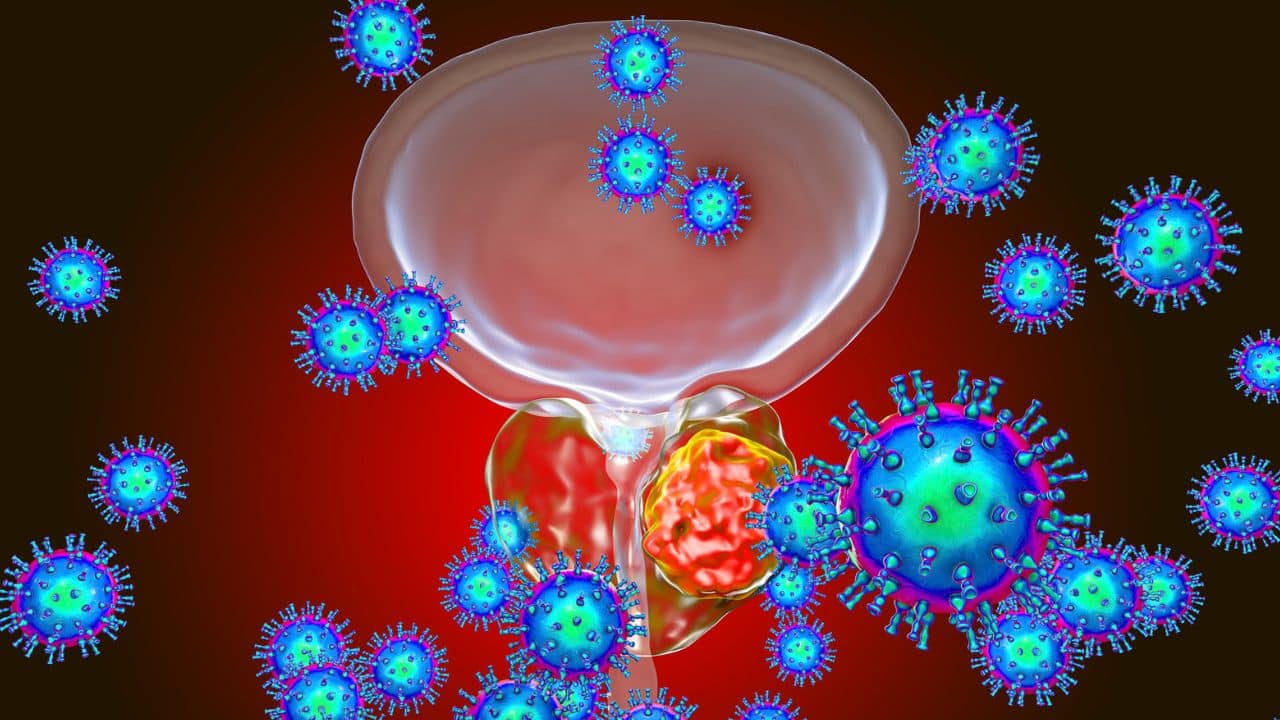9 UTI facts that could save your health
Urinary tract infection is a common and painful condition of urinary tract that is easily treatable. But one must not ignore the symptoms
1/10

What is UTI?
Urinary tract infection is a common and painful condition that involves the urinary tract. On the positive side, it responds rapidly to modern medicines and antibiotics and is easily treatable. However, you must not ignore the symptoms, lest complications follow suit
Urinary tract infection is a common and painful condition that involves the urinary tract. On the positive side, it responds rapidly to modern medicines and antibiotics and is easily treatable. However, you must not ignore the symptoms, lest complications follow suit
2/10

Are symptoms always present?
Not really. A urinary tract infection may encompass asymptomatic bacteriuria (ASB), or it can have symptoms under cystitis, inflammation of the bladder, prostatitis, inflammation of the prostate, and pyelonephritis, infection of the kidney
Not really. A urinary tract infection may encompass asymptomatic bacteriuria (ASB), or it can have symptoms under cystitis, inflammation of the bladder, prostatitis, inflammation of the prostate, and pyelonephritis, infection of the kidney
3/10

How it affects babies
In the neonatal phase, this infection may be slightly more common in male babies than female babies, owing to the fact that male neonates are more likely to have congenital anomalies in their urinary tract
In the neonatal phase, this infection may be slightly more common in male babies than female babies, owing to the fact that male neonates are more likely to have congenital anomalies in their urinary tract
4/10

UTIs in the elderly
After the age of about 50 years, the incidence becomes almost the same in both genders, as men tend to suffer from conditions of the prostate, which can cause urinary symptoms
After the age of about 50 years, the incidence becomes almost the same in both genders, as men tend to suffer from conditions of the prostate, which can cause urinary symptoms
5/10

Why women are more prone?
Yes. It has been found that about 50–80% of women may suffer from a urinary tract infection at least once in their lifetime. Hence, it is necessary to be on the lookout for symptoms like painful urination with fever
Yes. It has been found that about 50–80% of women may suffer from a urinary tract infection at least once in their lifetime. Hence, it is necessary to be on the lookout for symptoms like painful urination with fever
6/10

Risk with contraception
Using a diaphragm with spermicide is a known risk factor for an infection of the urinary tract in women. A new sexual partner may also make you vulnerable to the infection. It is important to get checked at the first sign of any inflammation or infection
Using a diaphragm with spermicide is a known risk factor for an infection of the urinary tract in women. A new sexual partner may also make you vulnerable to the infection. It is important to get checked at the first sign of any inflammation or infection
7/10

Post-menopausal risks
Even in ailment-free post-menopausal women, chances of catching a UTI are influenced by sexual activity, signs of urinary incontinence, and co-morbidities like diabetes mellitus, which enhance the chances of infection. It is also known that the presence of diabetes can increase the risk by two to three times
Even in ailment-free post-menopausal women, chances of catching a UTI are influenced by sexual activity, signs of urinary incontinence, and co-morbidities like diabetes mellitus, which enhance the chances of infection. It is also known that the presence of diabetes can increase the risk by two to three times
8/10

UTIs in men
The incidence of UTI in men, although not uncommon, is less than that in women. Men may often have an infection of the urinary tract due to congenital abnormalities. However, it is also possible for them to be at risk if they have not been circumcised, as the bacteria may colonise the glans first and subsequently the urinary tract
The incidence of UTI in men, although not uncommon, is less than that in women. Men may often have an infection of the urinary tract due to congenital abnormalities. However, it is also possible for them to be at risk if they have not been circumcised, as the bacteria may colonise the glans first and subsequently the urinary tract
9/10

Can UTI come back
A history of urinary tract infection is likely to predispose you to such infections in the future. You must be vigilant and consult the doctor if you’re feeling any discomfort while peeing. The risk is further increased if your immunity is low, and recurrence in women is common, especially if they had their first infection before 15 years of age
A history of urinary tract infection is likely to predispose you to such infections in the future. You must be vigilant and consult the doctor if you’re feeling any discomfort while peeing. The risk is further increased if your immunity is low, and recurrence in women is common, especially if they had their first infection before 15 years of age
10/10

Testing and treatment
Your healthcare provider may recommend a urine analysis and a urine culture to find the microbes causing your infection. They may also suggest an evaluation for sexually transmitted diseases and a blood culture to find the incriminating bacteria. Antimicrobial medicines are often prescribed and must be taken as directed by the doctor
Your healthcare provider may recommend a urine analysis and a urine culture to find the microbes causing your infection. They may also suggest an evaluation for sexually transmitted diseases and a blood culture to find the incriminating bacteria. Antimicrobial medicines are often prescribed and must be taken as directed by the doctor
Discover the latest Business News, Budget 2025 News, Sensex, and Nifty updates. Obtain Personal Finance insights, tax queries, and expert opinions on Moneycontrol or download the Moneycontrol App to stay updated!





